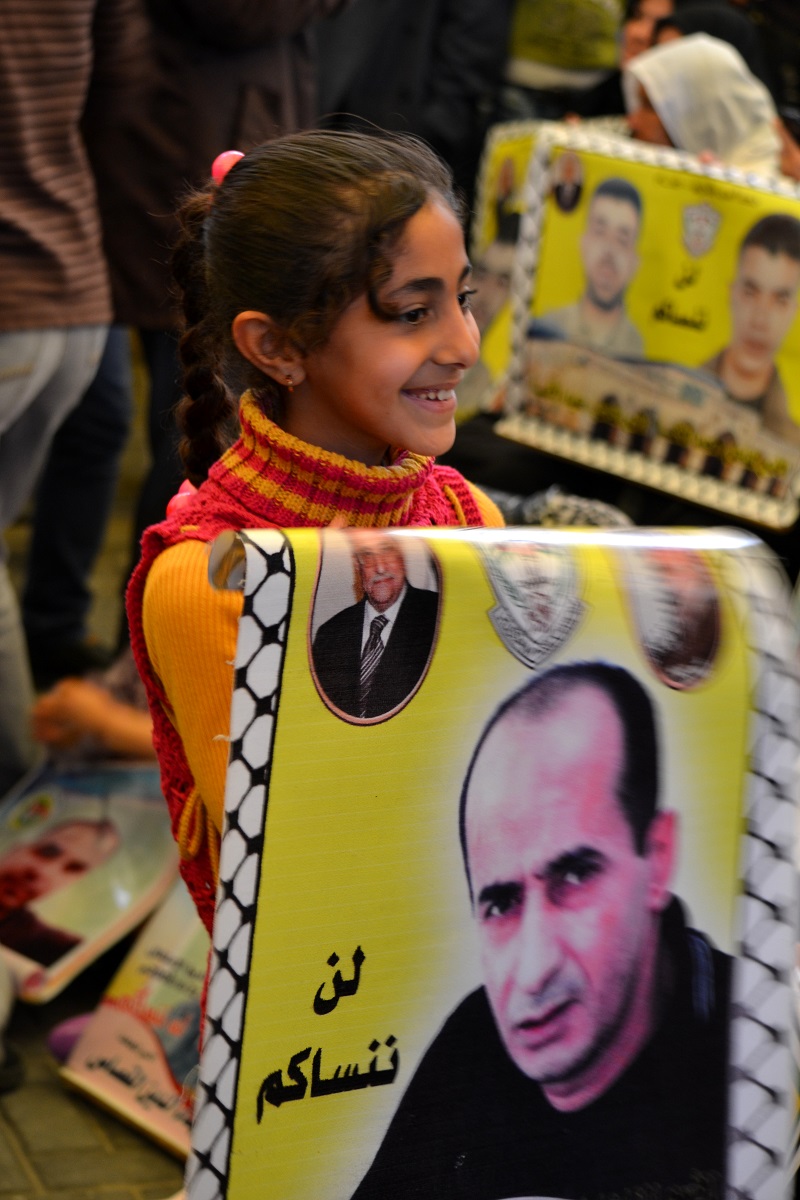Tag: Prisoner
-

Avoiding accountability: Life in Ramleh prison hospital
11th April 2014 | Corporate Watch, Tom Anderson and Therezia Cooper | Gaza, Occupied Palestine Corporate Watch has been investigating the companies involved in the Israeli prison system and interviewing ex-prisoners. This interview is part of a series of articles to be released over the coming months that we hope will serve as a resource for…
-

PHOTOS: Gaza calls for the rights of Palestinian prisoners and the freedom of Ahmad Sa’adat
27th March 2014 | International Solidarity Movement, Rosa Schiano | Gaza, Occupied Palestine On Monday, at the International Committee of the Red Cross in Gaza City, the weekly rally in solidarity with Palestinian prisoners in Israeli jails saw the participation of many prisoners’ families, released prisoners, and international and Palestinian activists. Each week, the rally focuses on certain topics, ranging…
-

Updated: Nabi Saleh three are free! Free the Nabi Saleh three: Donate now!
11th March 2014 | International Solidarity Movement | Nabi Saleh, Occupied Palestine *Read in other languages: Bulgarian/ French/ German/ Italian Updated 16th March: The Nabi Saleh three have now been freed from Ofer prison. Thank you for all your support, Jihad, Mahmud, and Rami Tamimi are now at home with their families. However, Israeli forces yesterday arrested Baha and Oday Tamimi…
